K-Pop : The Good and the Bad.
- Kaitlyn

- Jun 12, 2019
- 6 min read
Updated: Jun 13, 2019


K-Pop or 'Korean Pop' is a genre of popular music originating from South Korea. Although much of K-Pop could be described as pop it is also used as an umbrella term for other sub genres such as K-Hip-Hop and K-Indie.
The nature of K-Pop is that it is almost impossible to enjoy the music without falling into the fandoms and K-Pop culture. Many things can be said, good and bad, about fan culture in general but having been a K-Pop fan for over a year now I can say that K-Pop fan culture can be rather intense.
Terminology
The K-Pop fandom has its own terminology, so much so that I would go as far as to say if you didn't know K-Pop you would struggle to understand what is being said.
An example of some of the terms used:
Idol: K-Pop artist. "I want to train to become an Idol."
Stan: To like intensely / know well "What groups do you stan?"
Bias : Favourite group / idol. "Who is your bias?"
Bias Wrecker: An Idol that consistently makes you question your favourite. "I keep getting bias wrecked by V."
Comeback: When a group comes back with a new album. "Have you heard?Blackpink's comeback is soon!"
Debut: When a new group has their first song / album. "They debuted in 2013."
Concept: The concept of the comeback, for example a 'dark' concept would involve music with darker lyrics and black / gothic outfits. "I love this album's concept."
Ult: Short for 'ultimate' can refer to your all time favourite group or bias. "BTS is my ult group."
Multifandom: Liking and being a part of multiple group fandoms. "I'm multi, I stan BTS, NCT and BlackPink.
Soft: When something makes you feel warm and fuzzy / something is cute. "I'm soft."
UWU: An emoticon face 'uwu' used to express that something is cute / 'soft'.
Maknae: The youngest member of the group. "Jungkook is the Maknae."
Hyung/ Oppa: Older brother / brother / older man - men say hyung and women say oppa.
Noona / Unnie : Older sister / sister / older woman - men say noona and women say unnie.
Line: A group of members within the group that share something in common, such as being rappers, singers, born the same year, from the same place, the same last name. "Rap line" "vocal line" "dance line" "95 line" "Kim line" "Hyung line"
Aegyo: Acting in a cute, often childish way, for example, puppy eyes, baby voice.
Daebak: Wow/ Awesome
Sunbae: Senior, someone more advanced in your field whether your boss or an artist that debuted before you "Exo are NCT's sunbae's" Concerts / performances
Another example of where the K-pop fandom differs to other fandoms is what fans do / have at concerts and performances. Fanchants, light sticks and fandom names. A fan chant is what it sounds like - it is a list of names and words that the fans chant during a performance, usually in the instrumental intro of the song, the fans will chant a list of the members names, for example the fan chant for the boy group BTS is this "Kim Nam-joon! Kim Seok-jin! Min Yoon-gi! Jung Ho-seok! Park Ji-min! Jeon Jung-kook! B T S!" Then throughout the song there are words that the fans repeat. Each group's management company will post the 'official fan chant' for fans to follow online. Light sticks are specially designed LED wand type objects that fans wave at concerts and performances, some are bluetooth and will change colour in time with the music, you can connect them to an app and change the colour yourself when not at the concert, however like most things associated with K-pop they tend to be pretty pricey.
Each group has an official name for their fandom. Some examples:
Group Fan
BTS Army
NCT NCTzen
EXO EXO-L
Seventeen Carat
Blackpink Blink
BIGBANG V.I.P
TWICE Once
Stray Kids Stay
(Pictured from top, then starting from the left: BTS concert, Blackpink lightstick, NCT lightstick, Blackpink concert, NCT concert.)
Language and culture
A huge positive of K-Pop increasing in popularity is the wider awareness of the Korean language and alphabet (Hangul) and South Korean culture.
Many K-Pop fans will pick up Korean words and phrases from listening to music and reading translations alone, however there is so much content related to K-Pop with subtitles such as tour diaries, behind the scenes vlogs, reality shows, live broadcasts ( normally hosted on V-Live ) and K-dramas ( Korean TV dramas ) that can aid in trying to learn the language.
As for spreading the culture, many artists incorporate Korean tradition into their music, lyrics and even stage outfits (The traditional clothes are called Hanbok) and dance. Traditionally Korean food is also a big part of K-Pop from reality shows with cooking episodes to Mukbangs ( eating in front of the camera ).
( Pictured: BTS, Blackpink, Jeno and Doyoung of NCT.)
Dance, choreography and performance
When I first got into K-pop I was blown away by the creativity and precision of the choreography. They often have 'dance practices' of the choreo uploaded onto their official YouTube channels, many people mirror the videos and learn the dance that way. There are plethora videos online of people doing dance covers of the choreo and random dance challenges in public, where a song plays and if you know the dance you rush to the middle and dance.
I've spent many an evening dancing around the kitchen with my housemates to the dance practice videos and music videos.
( Gifs from left to right: Seventeen 'Lilili Yabbay' , NCT 'Black on Black', Mamamoo 'Starry Night', Seventeen 'Very Nice', Blackpink 'Ddu-Du Ddu-Du', EXO 'Monster', BTS 'DNA', NCT 'The 7th Sense' and Red Velvet 'Peek-A-Boo', Seventeen 'Don't Wanna Cry', TXT 'Crown', Stray Kids 'Hellevator', WayV 'Take Off', Red Velvet 'Bad Boy' and Blackpink 'Boombayah')
Fashion
Fashion is very important in K-Pop, whether it is custom made outfits for performances or the outfits they wear to the airport. Stylists work hard to make idols look their best and fit the concept - however I have seen many questionable design choices.
(Pictured: Lisa from Blackpink, BTS at AMA 2018, BTS, NCT, Jennie and Jisoo from Blackpink, Mamamoo.)
The negatives
With every positive there is always a negative. Since the K-Pop fandom is so intense it lends itself, in many ways, to over obsessive fans. While a regular amount of fans can maintain a healthy interest in their idols a minority known as 'sasaeng' fans are over obsessive and invade Idol's privacy, stalking and finding out private information are just a few examples of their behaviour. Over obsessive fans at the airport run after and grab at the Idols putting themselves at risk just to get as close as possible to them.
The internet and social media can also make K-Pop fans seem like they are a part of a cult, with many fans starting and participating in 'fan wars' against groups they don't stan, starting rumours, sabotaging streaming of music videos and voting for awards and starting hateful hashtags.
The Idol's themselves are often under immense pressure. From the moment they begin training they have very little free time for personal interest and are often not allowed to see their families. Many entertainment companies do not allow their artists to date in the fear that fans will no longer support them if they are 'unavaliable' . Few Idol's are allowed their own social media accounts, many share one official account. Live shows can be moderated by staff and a noticeable change in the Idol's personality can be seen when staff stop them from joking about and having fun.
The pressure to be perfect in every way, perfect ; visuals , vocals, dance and performance takes a toll on many Idol's mental health and many have shared their feelings through their music. An Idol, Kim Jonghyun, from the group SHINee committed suicide in 2017 after suffering with mental illness.
Being an Idol is challenging not just mentally but physically, many Idol's have been injured while practising and performing, after long tours with little or no breaks. Pain relief patches have been spotted on many Idols. Some Idols have even been so exhausted while performing from pushing their bodies to the limit that they have come off of stage and fainted or needed medical attention like oxygen masks.
The upside
Idols are incredibly hard working and passionate about the music they produce and the performance they deliver. With many groups containing producers who spend so much time in the studio they may as well live there. Dancers who are so passionate about dance they spend hours practising, perfecting routines and creating choreography. Singers write songs and sing covers for their fans.
K-Pop Idols almost all of the time are so humble and thankful, they never miss a chance to thank their fans, dedicate awards to them and express their gratitude.
I love K-Pop. When the obsessive fans, fan wars and mistreatment of Idol's discourage me and I find myself withdrawing from the genre and everything that comes with it, I always seem to find my way back. It is the hard work, passion, blood, sweat and tears that these people put into their craft that inspire me and remind me that hard work and passion will pay off one day.
On my bad days watching my favourite Idols makes me smile and fills me with love and when my energy is at its lowest the right song will have me dancing around the kitchen. The K-Pop fandom has some of the best memes I have ever seen and 'crack' videos and vines have had me laughing so hard I cry on so many occasions.
Overall I am so thankful to have found K-Pop through a close friend at uni. I can't imagine my life without it anymore.
Kaitlyn. #KPop #Music #Inspiration #fandoms #fanculture

















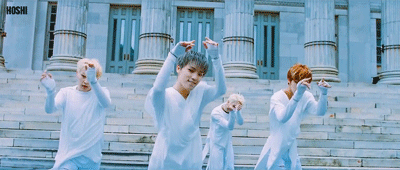
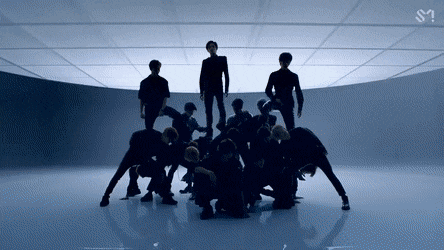
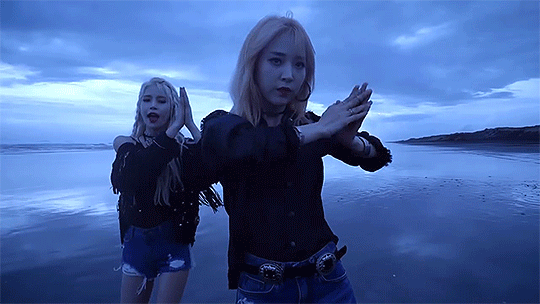

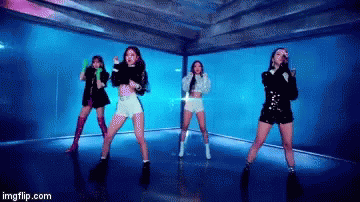
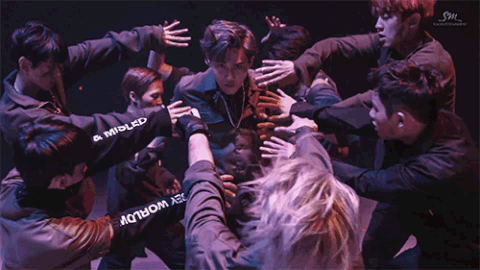
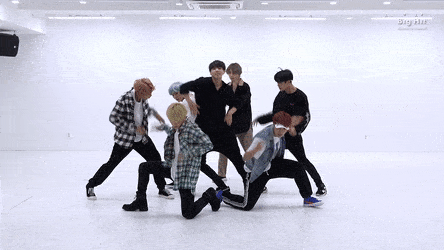
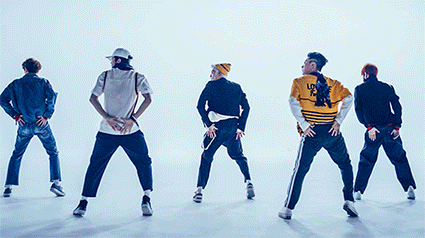
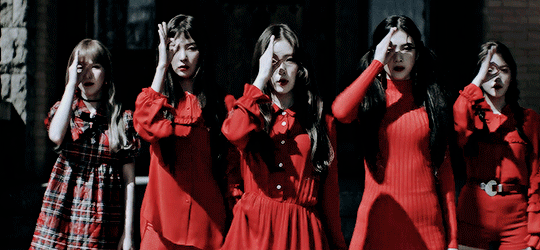
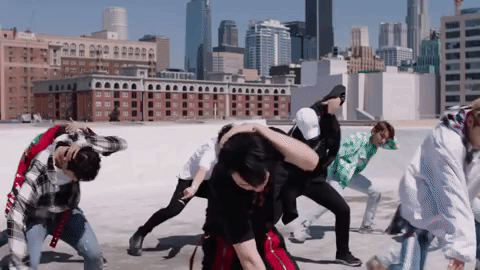
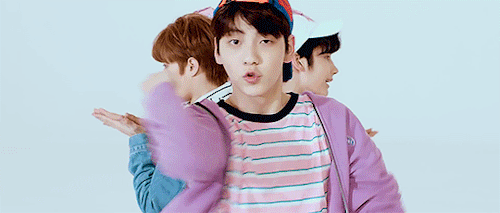
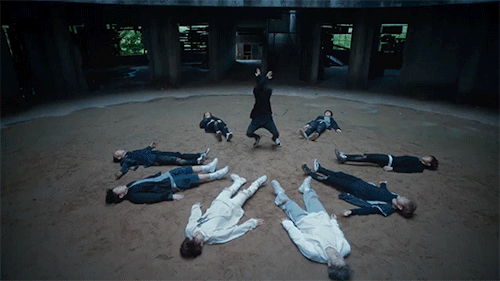
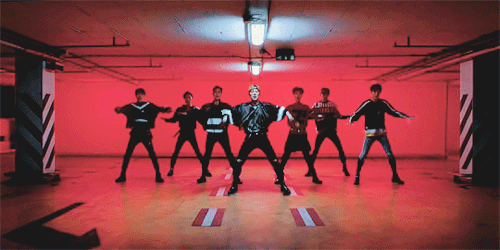
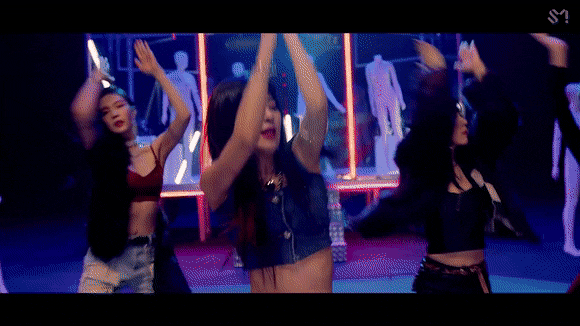
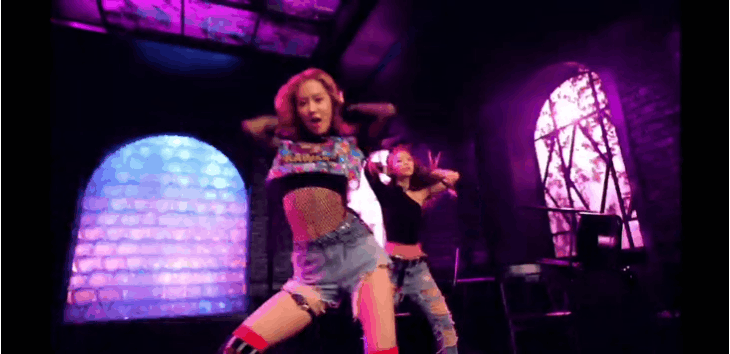












Comments